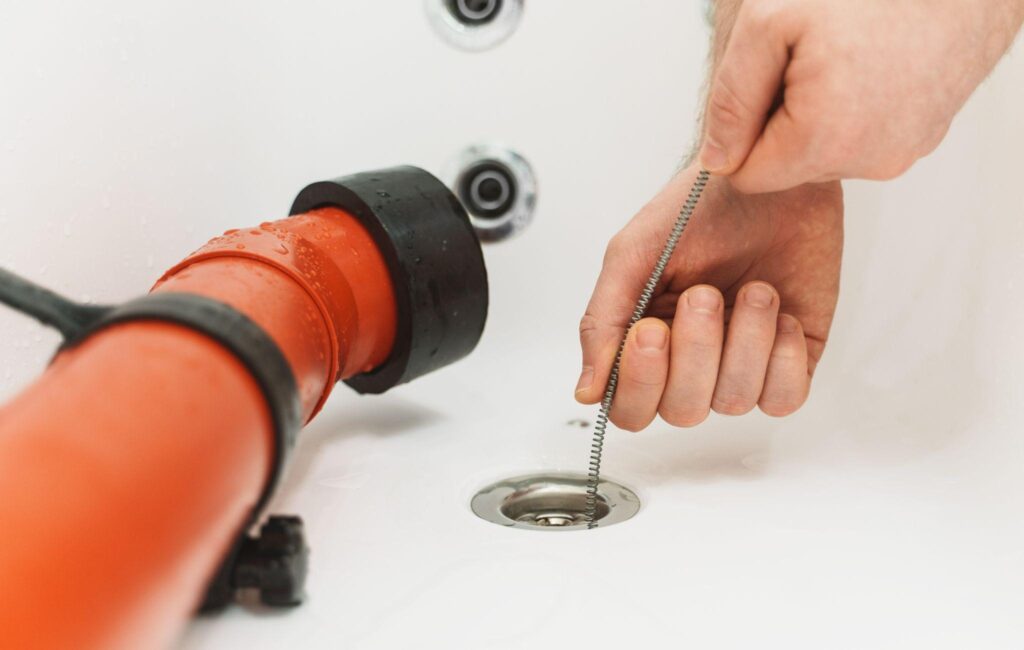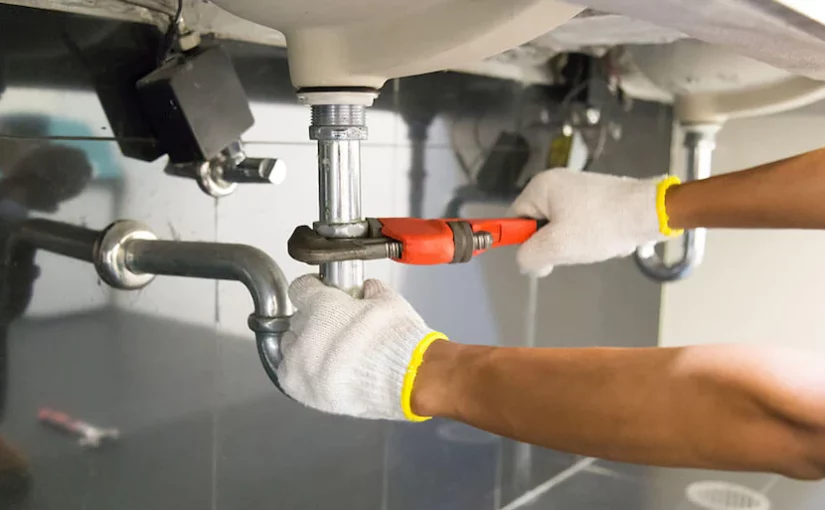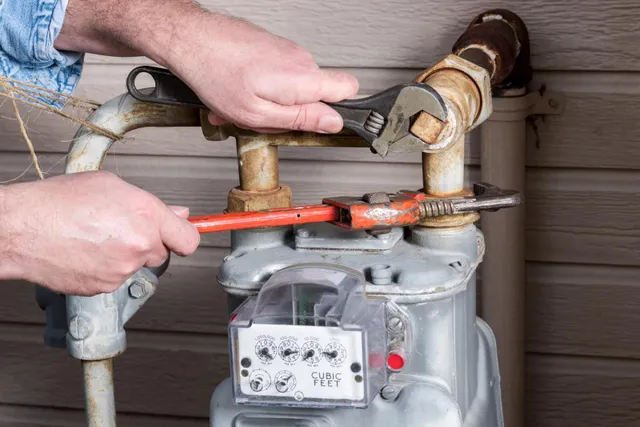Commercial plumbing involves the installation, maintenance, and repair of plumbing systems in commercial and industrial buildings. These structures have larger and more complex plumbing systems compared to residential properties, and they often require specialized expertise. Here are key aspects of commercial plumbing:
- Size and Complexity:
- Commercial buildings, such as office complexes, hotels, hospitals, and industrial facilities, have larger and more intricate plumbing systems than residential properties. The complexity arises from the need to accommodate higher water volumes, multiple floors, and specialized equipment.
- Code Compliance:
- Commercial plumbers must adhere to local building codes and regulations. Compliance ensures that the plumbing system meets safety standards, and plumbers may need to work closely with architects and contractors to ensure code requirements are met.
- Water Supply Systems:
- Commercial plumbing systems provide water for various purposes, including restrooms, kitchens, manufacturing processes, and more. Ensuring a consistent and reliable water supply is crucial for the daily operations of businesses.
- Drainage Systems:
- Large commercial buildings require efficient drainage systems to handle substantial wastewater volumes. This includes the installation and maintenance of drainpipes, sewer lines, and stormwater drainage systems.
- Backflow Prevention:
- Commercial plumbers often install and maintain backflow prevention devices. These devices help prevent contaminated water from flowing back into the public water supply, protecting both the business and the community.
- Grease Traps:
- Restaurants and food service establishments often require the installation and maintenance of grease traps to prevent fats, oils, and grease from entering the sewer system and causing blockages.
- Water Heaters and Boilers:
- Commercial properties may have larger water heating systems or boilers to meet the demands of a high occupancy. Commercial plumbers handle the installation, maintenance, and repair of these systems.
- Specialized Plumbing Systems:
- Some commercial buildings, such as laboratories, manufacturing facilities, and healthcare institutions, may have specialized plumbing systems for specific processes or equipment. Commercial plumbers need expertise in handling these unique requirements.
- Pipe Materials:
- Commercial plumbing systems often use a variety of pipe materials, including copper, PVC, cast iron, and stainless steel. Plumbers must be familiar with different materials and their applications.
- Fixture Installation and Maintenance:
- Commercial plumbers install and maintain various fixtures, including sinks, toilets, urinals, faucets, and more. They ensure these fixtures meet the needs of high-traffic areas and comply with accessibility standards.
- Emergency Services:
- Commercial plumbers provide emergency services to address urgent issues that could disrupt business operations. Quick response to issues such as leaks, burst pipes, or sewage backups is crucial to minimize downtime.
- Plumbing Renovations and Upgrades:
- As businesses evolve, they may require plumbing renovations or upgrades. Commercial plumbers work on projects to modify or expand plumbing systems to accommodate changing needs.
- Water Conservation:
- Commercial plumbers may advise businesses on water conservation practices, such as installing low-flow fixtures, water-efficient appliances, and implementing strategies to reduce water usage.
- Regular Maintenance Contracts:
- Some businesses enter into regular maintenance contracts with commercial plumbers. Scheduled maintenance helps prevent unexpected issues, extends the lifespan of plumbing components, and ensures the continuous operation of the plumbing system.
Commercial plumbing services are essential for the proper functioning of businesses, and hiring experienced and licensed commercial plumbers is crucial to meet the unique challenges and requirements of larger and more complex plumbing systems in commercial settings.



